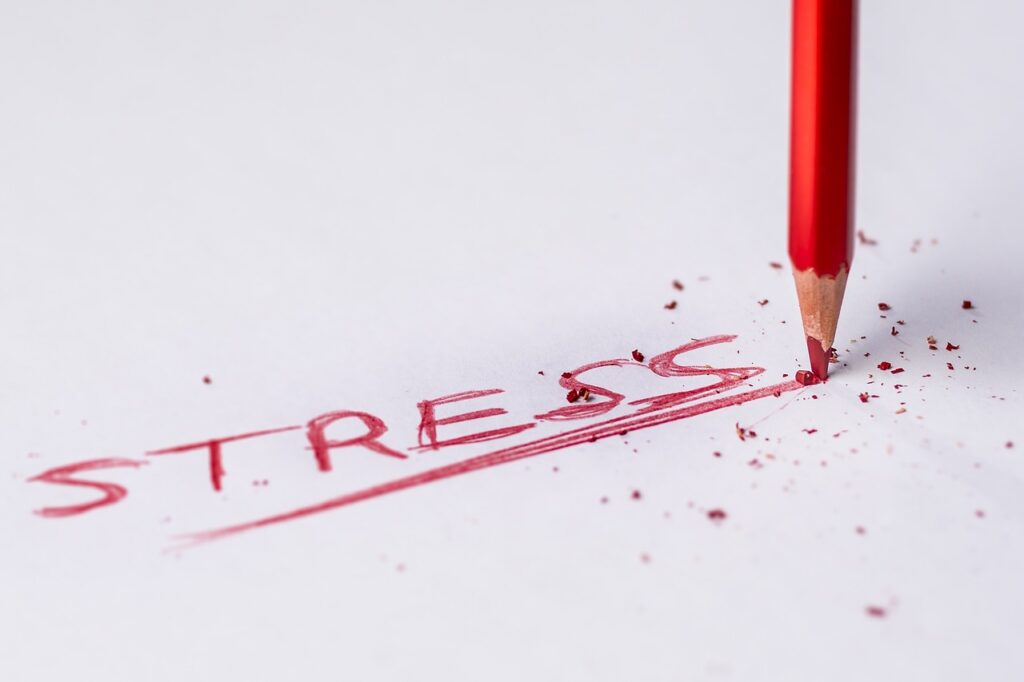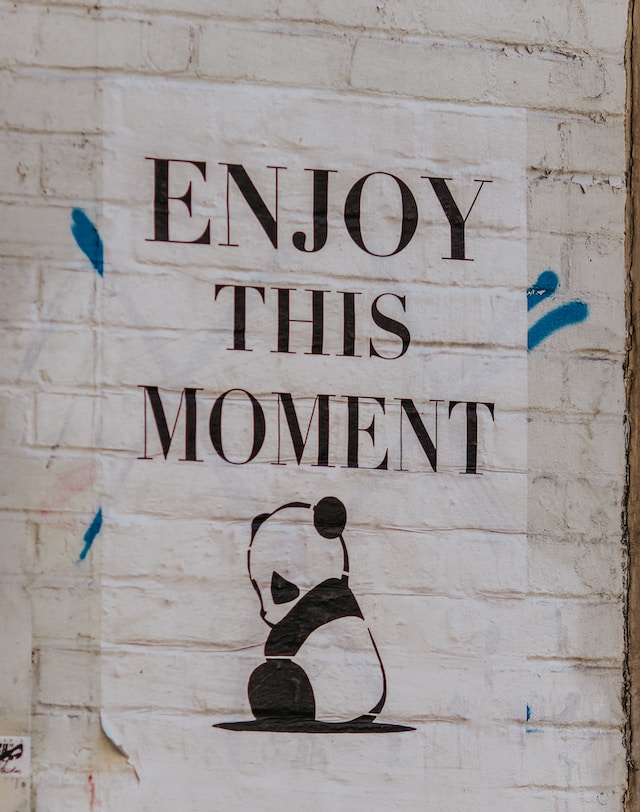April is Stress Awareness Month. Bringing attention to stress awareness began in 1992 when the first Stress Awareness Month was launched.
This year, it seems particularly important. Today, let’s look at stress awareness from many angles!
Stress is term used often, yet how we experience stress is different for each of us. There is no single definition for stress, and the most common explanation is that stress is a physical, mental, or emotional strain or tension.
Stress is a reaction to a situation when you feel overwhelmed, under attack and/or under some type of threat. Learning healthy ways to cope and getting help and support can help reduce stressful feelings and symptoms.

Image by Pedro Figueras from Pixabay
Common reactions to a stressful situation can include:
• Disbelief, shock and numbness
• Feeling sad, frustrated and helpless
• Difficulty concentrating and making decisions
• Headaches, back pains and stomach problems
• Smoking or the use of alcohol or drugs
Shutting down all feelings/emotions
Long-term stress can impact your physical and mental health. From headaches to stomach disorders to depression – even very serious issues like stroke and heart disease can occur as a result of stress.
When you are in a stressful situation, specific stress hormones rush into your bloodstream that can increase your heart rate, blood pressure and glucose levels. Having this “rush” for extended periods of time can be dangerous and make you susceptible to physical distress.

Photo by Kelly Sikkema on Unsplash
How do you overcome or learn to come through stressful situations? Here are some ways to begin:
• Recognize when you don’t have control, and let it go as best you can
• Avoid getting anxious about situations that you cannot change by attempting to find one thing you can do to improve your situation
• Take control of your reactions and focus your mind on something that makes you feel calm, in control and relaxed
Quiet your mind for a few minutes and take deep breaths in and out
• Make time for you and make a plan to implement a wellbeing plan for you
Healthy ways for coping with your stress are offered by the experts at Stress.org. Here are some ideas they suggest:
• Take care of yourself – eat healthy, exercise regularly, get plenty of sleep, give yourself a break if you feel stressed
• Share your problems and how you are feeling and coping with a family member, friend, doctor, pastor or counselor
• Avoid drugs and alcohol. These can create additional problems and increase the stress you are already feeling
• Recognize when you need more help – know when to talk to a psychologist, social worker or counselor if things continue

Photo by Jon Tyson on Unsplash
Awareness in All Areas of Life
From my experience, a valuable takeaway is becoming aware of your stress and the triggers that cause stress to help you avoid and/or work through the stressors. All areas of life have the potential to cause stress.
It always helps me to ask “what can I learn” from this situation. When actively seeking things to help move you forward, you’re acknowledging what is and focusing on what’s desired. It’s a start!
I’m a big believer in taking baby steps! Contingency Planning for home and work is one of those “stressful situations” for many. When you focus on where you want to be, what you want done, it’s moving you forward from stress to relief.
Reach out and let’s get you moving toward relief! Send me an Email: Lynn@thelivingplanner.com or if you’d prefer to schedule a Complimentary Discovery Call to discuss your particulars
My main website is: https://thelivingplanner.com. If you’d like to try a DIY approach, check out my online courses/resources to assist people, pets and businesses here: https://courses.thelivingplanner.com
As Mr. Rogers says, “In times of stress, the best thing we can do for each other is to listen with our ears and our hearts and to be assured that our questions are just as important as our answers.” To Listening❣️ -Lynn
#LifeHacks #CareForPeopleCareForBusiness
